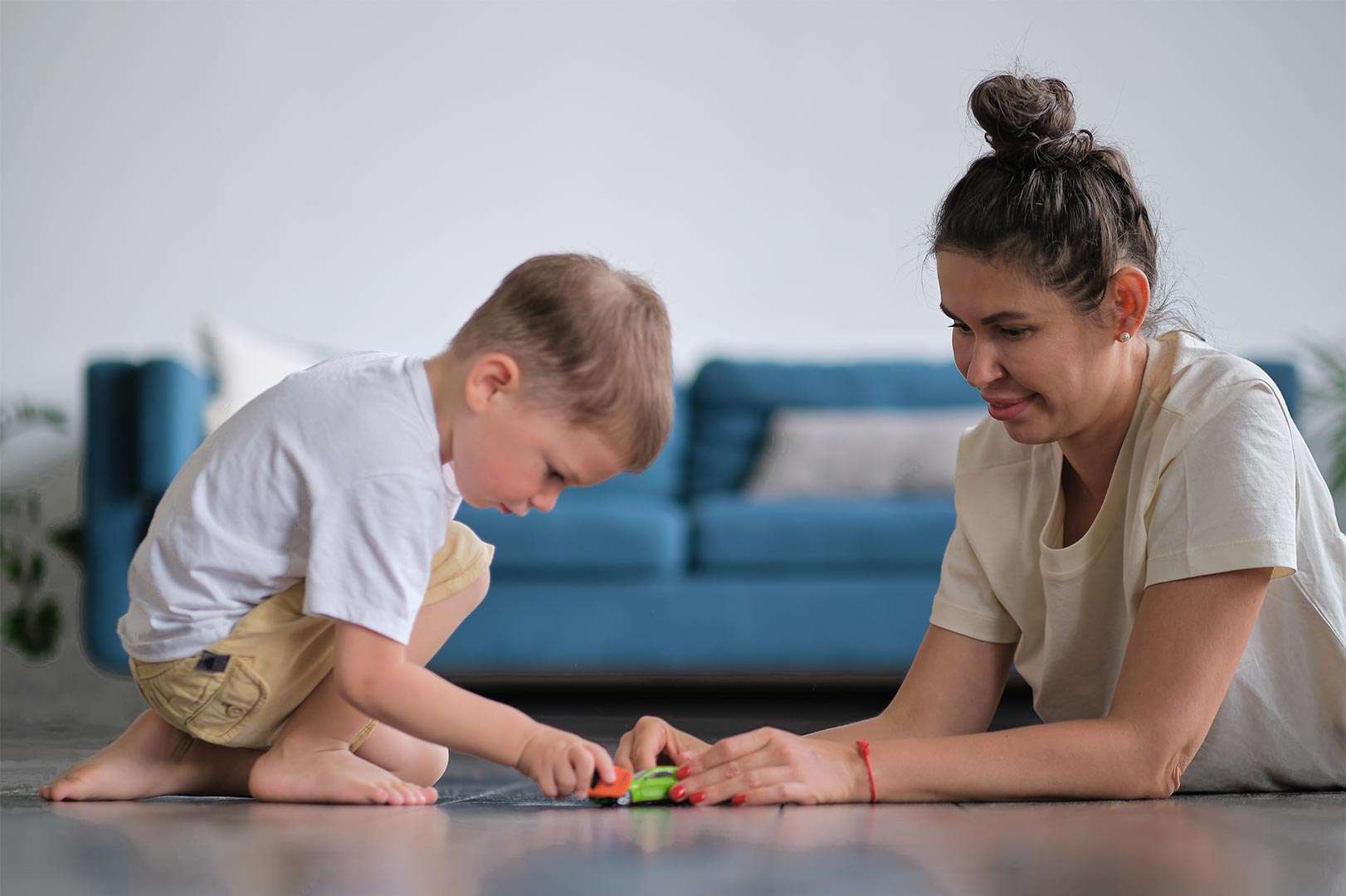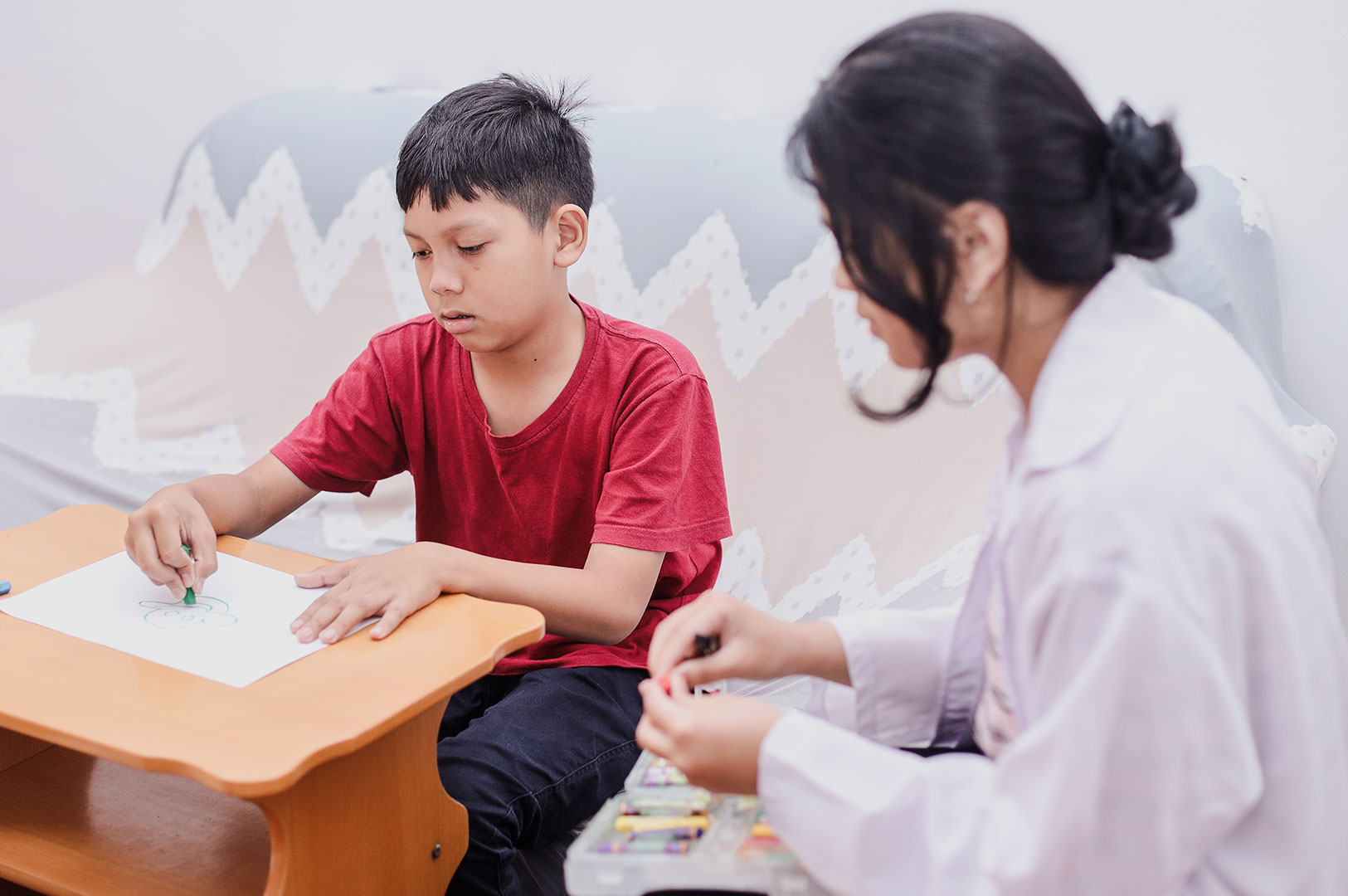Sleep is essential for everyone, but it can be especially challenging for children with autism spectrum disorder (ASD). Studies have shown that up to 80% of children with ASD experience sleep problems, compared to around 20% of typical children.
There are a number of reasons why children with ASD may have trouble sleeping. Some of the most common include:
- Sensory sensitivity: Children with ASD may be more sensitive to noise, light, and other sensory stimuli. This can make it difficult for them to relax and fall asleep.
- Difficulty with transitions: Children with ASD may have difficulty transitioning from one activity to another, including from waking to sleep. This can lead to bedtime resistance and other sleep problems.
- Communication challenges: Children with ASD may have difficulty communicating their needs, including when they are tired. This can make it difficult for parents to know how to help their child get enough sleep.
- Medical conditions: Some children with ASD also have medical conditions that can interfere with sleep, such as gastrointestinal problems, pain, or seizures.
How sleep problems can impact children with ASD
Sleep problems can have a significant impact on children with ASD. They can lead to a number of problems, including:
- Daytime behavior problems: Children with ASD who don’t get enough sleep are more likely to experience daytime behavior problems, such as hyperactivity, irritability, and aggression.
- Learning and cognitive problems: Sleep is essential for learning and memory consolidation. Children with ASD who don’t get enough sleep are more likely to have difficulty with attention, learning, and problem-solving.
- Mood problems: Sleep problems can also increase the risk of mood problems in children with ASD, such as anxiety and depression.
- Reduced quality of life: Sleep problems can reduce the overall quality of life for children with ASD and their families.
What parents can do to help their child with ASD get a good night’s sleep
There are a number of things that parents can do to help their child with ASD get a good night’s sleep. Here are a few tips:
- Establish a regular sleep routine: Children with ASD thrive on routine. Establish a regular bedtime and wake-up time, and stick to it as much as possible, even on weekends.
- Create a relaxing bedtime environment: Make sure your child’s bedroom is dark, quiet, and cool. Avoid using electronic devices in the hour before bed, as the blue light emitted from these devices can interfere with sleep.
- Help your child wind down before bed: Establish a relaxing bedtime routine, such as taking a bath, reading a story, or listening to calming music. Avoid activities that are too stimulating, such as watching TV or playing video games, in the hour before bed.
- Be consistent: It is important to be consistent with your child’s sleep routine and expectations. This will help them to learn what to expect and make it easier for them to fall asleep.
If you have tried these tips and your child is still having trouble sleeping, talk to your pediatrician. They can help you to rule out any underlying medical conditions and may recommend other strategies to help your child get a good night’s sleep.
Additional tips for parents of children with ASD
Here are a few additional tips for parents of children with ASD who are struggling with sleep problems:
- Be patient: It may take some time for your child to adjust to a new sleep routine. Be patient and consistent, and eventually they will learn to fall asleep and stay asleep on their own.
- Seek professional help if needed: If you have tried all of the above tips and your child is still having trouble sleeping, talk to your pediatrician or a sleep specialist. They may be able to recommend additional strategies or treatments to help your child get a good night’s sleep.
Sleep is essential for children with ASD, but it can be challenging for many of them. By following the tips above, parents can help their child with ASD get a good night’s sleep and improve their overall well-being.
Find out if your child needs extra support today!
- My child screams hysterically
- My child is mean to other children
- My child is always worried
- My child is scared to go to school
- My child is scared of loud noises
- My child doesn’t know how to read
- My child is scared to play outside
- My child does not respond to his name
- My child always gets in trouble
- My child fights with other children
- My child doesn’t know how to count
If you are concerned about your child’s development, contact us for Assessments: Phone/Telegram: 077.455.993 – Telegram Link: https://t.me/OrbRom
If you are concerned about your child’s development, contact us for Assessments.
Phone/Telegram: 077.455.993 Link: https://t.me/OrbRom






Leave A Comment